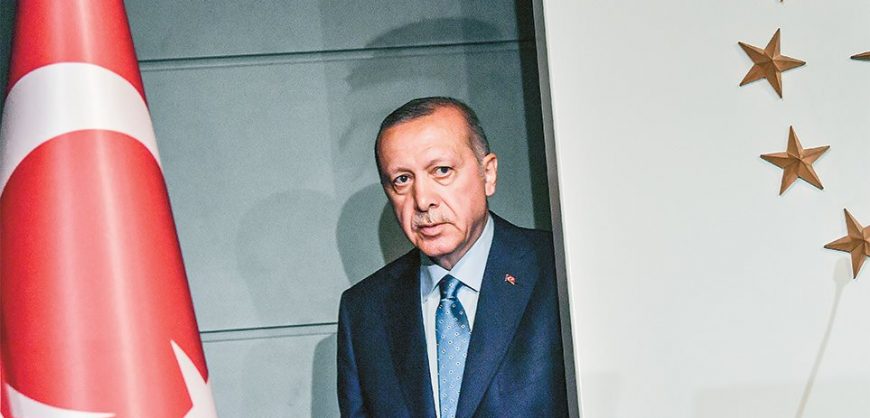The recipe for the spread of political Islam, as founded by ideologues like Hasan Banna and Sayyid Qutb, is well-known: win Muslim hearts and minds by establishing and spreading religious, welfare, and educational institutions and facilities. The object is to create a classless, populist network that will ultimately legitimize political Islam at the ballot box. You cannot defeat the enemy by guns and artillery, but you can do it with headcount.
Turkey was no exception to the principle of Islamist ascendancy via demographics. For decades, Turkey’s secular, better-educated modern families (which Recep Tayyip Erdoğan would later call the ”white Turks”) sufficed with one or two children in the family while pious, less educated, lower- and middle-class Muslims Turks were the baby boomers. In November 2002, the “white Turks” had to face that they were no longer the majority in their country. The “black Turks” had come to power.
But now, 18 years later, the “black Turks” have become the new “white Turks.” Ignoring their leader’s campaigns imploring them to produce “at least three children in every Turkish family,” they are now facing the same demographic threat with which they once captured power: a greying Turkey versus a baby boom in Kurdistan.
Merkel intervenes in damaging row between Germany and Brussels
Kurdish votes in Turkey came under the institutional umbrella of a political party for the first time in 1994. The pro-Kurdish Peoples’ Democracy Party (HADEP) won 1.1 million votes (4.1% of the national vote) in parliamentary elections in 1995 and 1.4 million votes (4.8% of the vote) in 1999. HADEP failed to win parliamentary representation as it failed to pass the 10% national threshold.
Read more: Besa Center

































